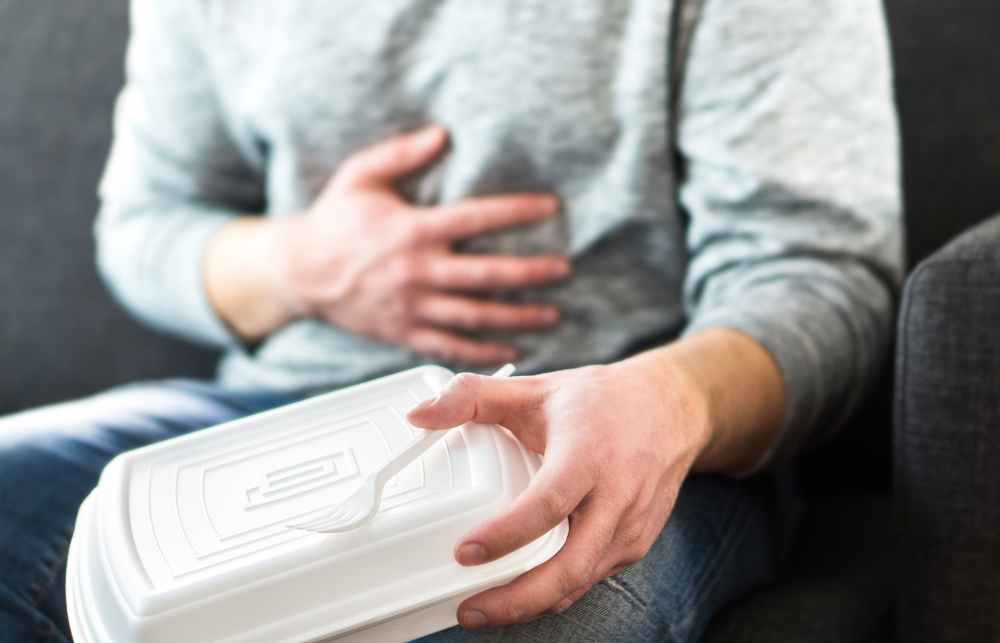Cancer Screening Tests You Shouldn't Ignore After 40

TABLE OF CONTENTS
Cancer screening tests save lives. Early detection helps curb cancer since many types develop without symptoms until reaching advanced stages. Colon cancer ranks as the third most commonly diagnosed cancer worldwide, while bowel cancer stands as the second biggest cancer killer worldwide. People over 40 need regular screening.
Regular cancer tests play a crucial role in survival. Detecting bowel cancer early through screening pushes survival rates above 90%. Cancer risks vary among different groups. Regular screenings give peace of mind and can lead to life-saving early treatment.
This article covers everything in cancer screening tests that people over 40 must know. You'll find details about available screening types, specific guidelines for men and women, screening frequency, and what happens during the screening process. The best chance to find cancer early comes from proper screening - before it grows or spreads.
Why Cancer Screening is Necessary After 40
Cancer risk increases substantially with age.
Cancer screening becomes essential after 40 because:
Early detection guides you toward more successful treatments with less invasive options
Many tumours show no symptoms until advanced stages
Early-stage cancers have a five-year survival rate that often exceeds 90%
Screenings can spot precancerous conditions before cancer develops
Recommended Cancer Tests for Men Over 40
Men over 40 need colorectal cancer testing starting at 45, prostate cancer screening (especially if you have a high risk), and lung cancer screening for smokers. On top of that, doctors recommend regular skin checks.
Women over 40 should get breast cancer screening through mammography, starting at age 40. Cervical cancer screening through HPV tests and/or Pap tests remains crucial. Colorectal cancer screening begins at 45.

How Often Should You Get Screened for Cancer?
Your screening frequency depends on the cancer type. Doctors suggest getting a mammogram every year from age 40 to 54. They advise cervical cancer checks every 3 to 5 years depending on the test type. Screenings for colorectal cancer happen at different times based on the specific test used.
Your personal risk factors, family history, genetic predisposition and lifestyle choices are the ones that should be considered for determining your screening frequency. So regular talks with your doctors about your cancer risk help determine the best screening schedule.
How should I prepare for my Cancer Screening Test?
The following are some simple preparation tips:
Let your doctor know about your past health issues, surgeries or any family cancer history.
Keep a detailed list of all the medicines, supplements or vitamins you take.
Stick to fasting rules as some tests need you to avoid eating or drinking for a few hours ahead of time.
Wear easy clothes for physical checks or imaging.
Don't use lotions, deodorants, or perfumes before mammograms since they might mess with the results.
Conclusion
Cancer screening tests save countless lives each year. If you have crossed 40s your regular testing becomes necessary, as cancer risks increase with age. These tests detect cancer early and give patients the best chance of successful treatment with higher survival rates.
Your doctor can help create a screening plan that reflects your age, gender, family history and lifestyle. Men need to focus on colorectal, prostate and skin cancer screenings. Women require breast and cervical cancer tests along with colorectal screenings.
You may get cancer without any obvious symptoms until it reaches advanced stages. Waiting until symptoms appear could mean missing the opportunity for early treatment. The tests might cause temporary discomfort or anxiety, but the peace of mind and life-saving benefits are nowhere near these brief feelings.
Cancer screening at appropriate intervals gives you the best chance to detect cancer while it's small and contained. Schedule an appointment with your doctor to discuss which cancer screening tests you need. This simple step could save your life.
FAQs
What are the most common cancer screening tests after 40?
If you have crossed 40, you should go for:
Mammograms for breast cancer (starting at 40-45 for women)
Colorectal cancer tests (starting at 45) including colonoscopy, stool tests, and FIT
Pap tests and HPV tests for cervical cancer
Low-dose CT scans for lung cancer (for current or former heavy smokers aged 50-80)
PSA tests for prostate cancer in men
Is cancer screening painful?
Cancer screenings usually cause little discomfort. In spite of that some women might find mammograms uncomfortable because of breast compression. You can talk about pain expectations with your doctor to make the experience more bearable. Doctors use sedation during colonoscopies to keep patients comfortable.
Do men and women need different cancer tests?
Men and women need different types of screening tests. Women should get mammograms and cervical cancer tests among their colorectal screening. Men need prostate cancer screening (especially after 55) plus colorectal screening. The need for colorectal and lung cancer screening (if at risk) applies to both sexes.
How often should you do cancer screening?
Each test has its own schedule:
Mammograms: Every 1-2 years (age-dependent)
Cervical cancer tests: Every 3-5 years depending on test type
Colonoscopy: Every 10 years (if normal)
PSA tests: Typically annually
Can cancer screening detect all types of cancer?
Screening tests can't catch every type of cancer. Doctors recommend mass population screening only for cervical, breast, and colorectal cancers. Scientists haven't found effective screening methods for many cancer types yet, but research continues to develop new tests.
What is a pre-cancer screening and how is it done?
Pre-cancer screening looks for abnormal cells before they turn cancerous. To cite an instance, see how cervical cancer screening can spot precancerous changes (cervical dysplasia). Colonoscopies can find and remove precancerous polyps, which helps prevent colorectal cancer.






